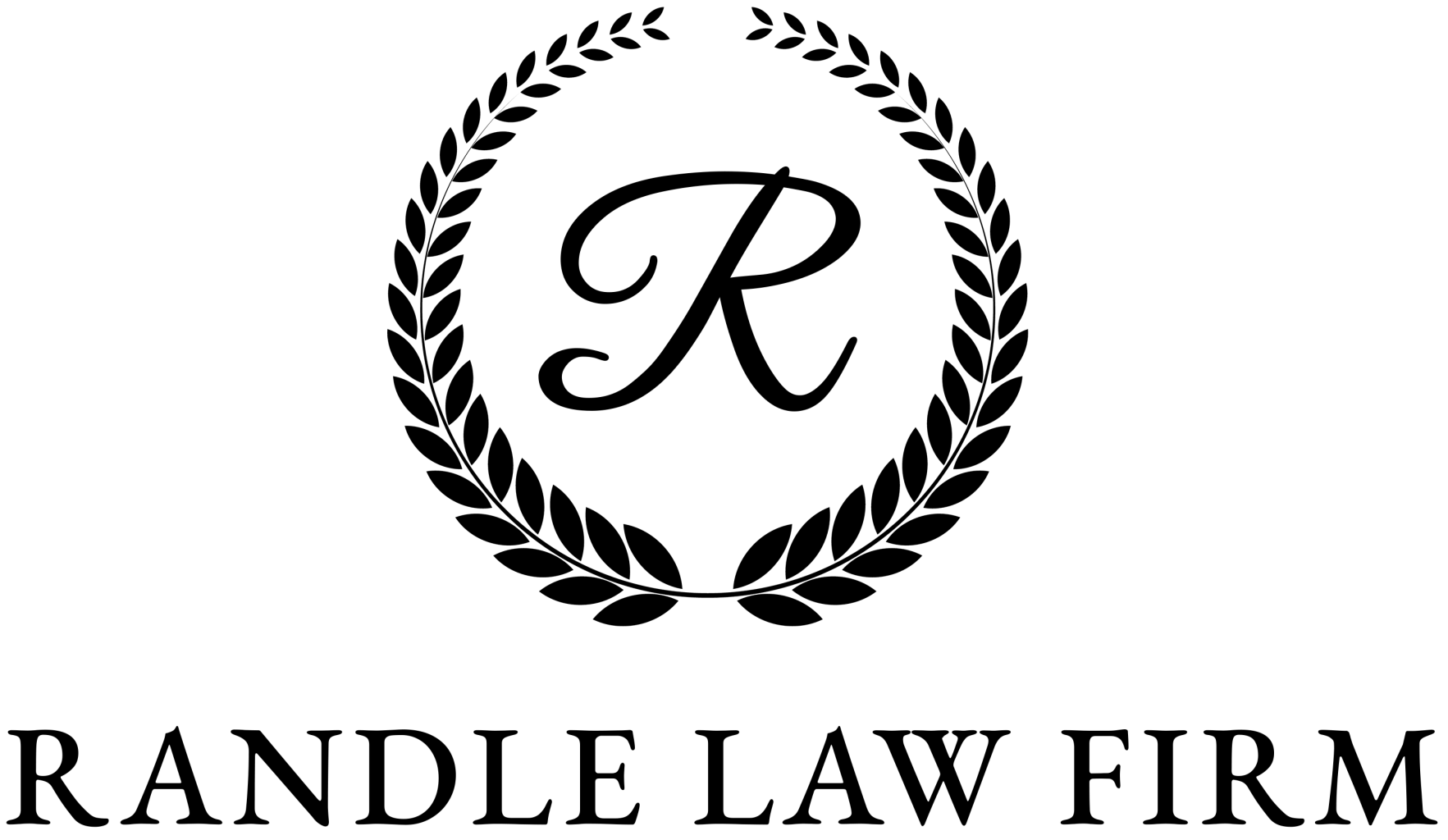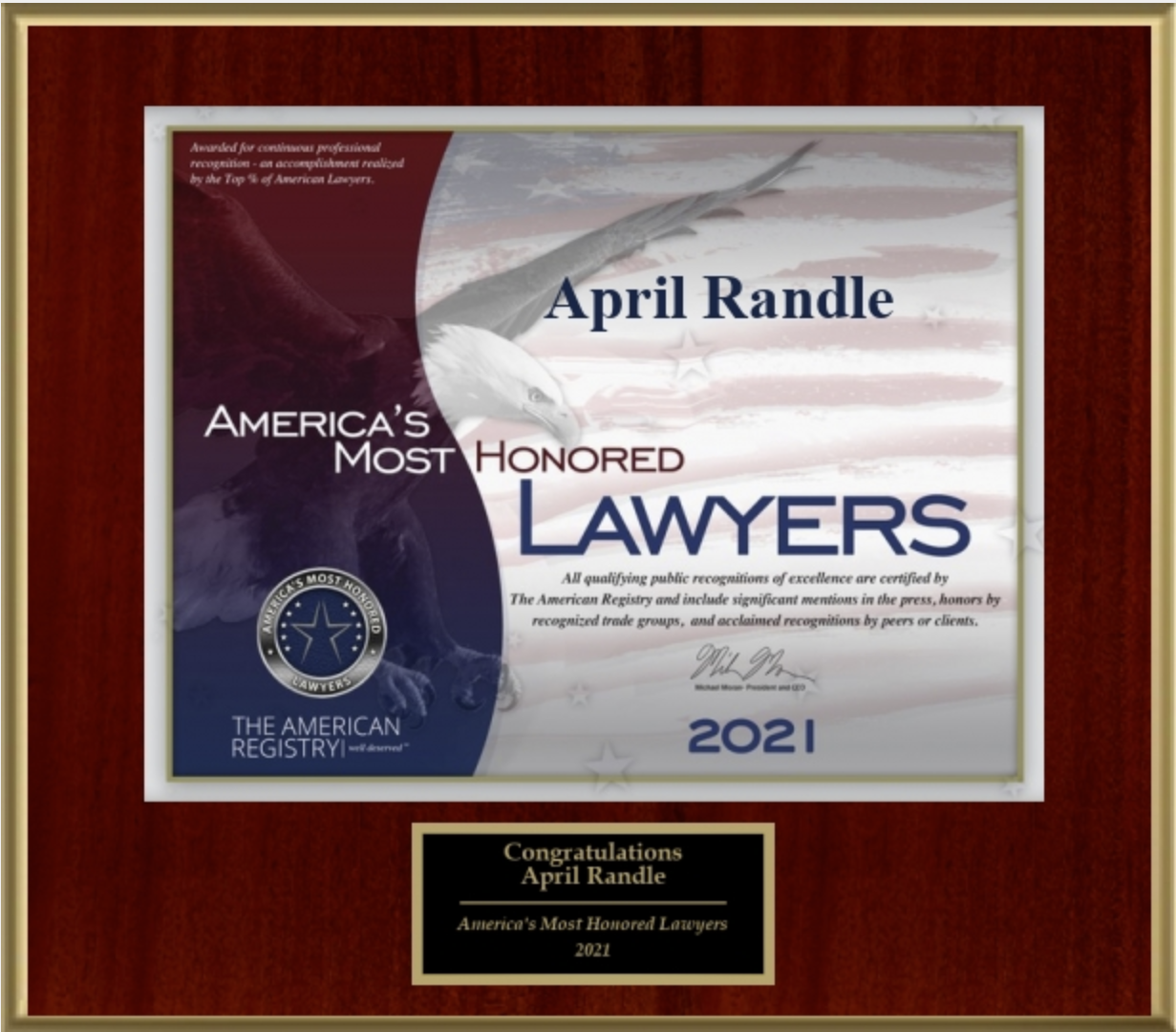More About Chapter 13
Chapter 13: What To Expect
A Chapter 13 bankruptcy is for individuals or married couples who have some form of “regular income” available to repay debts over a three- to five-year period. In Chapter 13, a “repayment plan,” is calculated based on the debts you owe and your financial ability to repay. You may include secured and unsecured debts. The trustee pays your creditors according to the plan once per month; although you will pay according to your pay cycle. (For example, if you are paid bi-weekly, your employer will withhold your payment from each paycheck or you will be required to mail your payment directly each time you are paid.)
To learn more about this form of bankruptcy protection and whether it is the best option for you, call the Law Office of April Perry Randle, PLLC, in Chattanooga, Tennessee, at 423-521-8000.
The Benefits Of A Chapter 13 Filing
Filing for Chapter 13 protection has a number of benefits, including:
Putting a stop to collection activity: Upon filing a case, the automatic stay takes effect, which stops almost all collection activity. Creditors are not allowed to contact you directly by phone or in writing. They must stop all lawsuits, garnishments, foreclosures, repossession attempts and other legal proceedings. (Some exceptions apply to collection of child support, taxes and criminal fines.)
Enabling you to pay past due payments over time: If you are behind on your secured debt payments, you will not be required to make a lump-sum payment to become current. For example, “mortgage arrearage” can typically be paid over a five-year period. Other loans secured by your vehicle or other personal property may be paid over five years as well, regardless of your current repayment terms, and often at a reduced interest rate (typically between 5% and 9%). This typically lowers the amount you are paying for your secured loans, thereby allowing more money to be used to pay your other debts.
It can stop interest, late charges and pay on principal: As soon as you file a case, unsecured debt will not accrue any further interest. You will repay unsecured creditors at zero percent interest with no further late fees or over-the-limit charges. Depending on the amount of property you own outright and based on your ability to repay your debts, you may be able to pay your unsecured creditors less than 100% of what you owe them. Further, creditors will have a deadline, called a “bar date,” by which they must file a “proof of claim” in your case. If an unsecured creditor fails to file a claim by the deadline, you will not be obligated to repay them at all if you receive a “discharge” in your case.
Isn’t Chapter 7 Always A Better Option?
Although many people believe that Chapter 7 bankruptcy is preferable, many times a Chapter 13 plan offers a less expensive monthly payment than would be obtained by filing Chapter 7. As part of your consultation, Ms. Randle will present a potential plan payment so you can compare a Chapter 13 with the results of a Chapter 7 case.
Special Protections: Taxes, Child Support Arrearage And Co-Signed Debts
Some other benefits may be available to those who file a Chapter 13 bankruptcy. These benefits include a reduction or complete discharge of a second mortgage on your home, a discharge of certain taxes and tax liens and support obligations, and protection for co-debtors who owe on debts with you. Mrs. Randle will review your circumstances to see if you benefit from any of these special provisions.
Mortgage Debt And Chapter 13
Although Congress is considering amending the Bankruptcy Code to give bankruptcy judges the ability to lower payments and/or alter interest rates for first mortgages on your primary residence, currently that option is not available. Therefore, absent a change in the law or an agreement with your mortgage company to modify your loan, you must pay your mortgage payment in full each month, even in a Chapter 13 bankruptcy.
The main advantage of Chapter 13 regarding your mortgage(s) is the benefit of paying past due amounts over five years with little or no additional interest or penalty being assessed for late payments. If you are behind on your mortgage payments, a bankruptcy is the only way to stop a foreclosure absent a binding, written agreement to do so by your mortgage lender. Once you receive a discharge at the completion of your Chapter 13 plan, your loan should be current, and you will simply resume paying your mortgage according to the original terms of your note.
Hold Lenders Accountable
Chapter 13 also provides a legal avenue to hold your lender accountable for fees and charges assessed to your account over the history of your loan. Talk to Mrs. Randle at your initial consultation about any concerns you have about your mortgage so she can be sure to address this with the lender during your case.
Benefits From Chapter 13 Specific To Second And Third Mortgages Or Liens
Potential benefits regarding second and third mortgages may be available in Chapter 13 that would not apply in Chapter 7. For example, if you are “underwater” or upside down on your mortgage – meaning your home is worth less than what is owed on your first mortgage – it may be possible to “cram down” the payment and treat the second or third mortgages or equity lines of credit as an unsecured debt. If this is possible, given your financial ability, you may be able to propose a plan that eliminates all but the first mortgage on your home upon completion of your Chapter 13 case.
Please note that if your mortgage is not “escrowed,” or does not include a payment for homeowner’s insurance and/or property taxes, you are responsible for paying these debts during your case. You may, however, include past-due property taxes in a Chapter 13 plan to be paid over time.
If you are behind on your property taxes, you should advise Mrs. Randle so she can include these in your case. Further, if you fall behind on “post-filing” property taxes while in Chapter 13, you should contact the office to determine whether it is possible to modify your case and include them in your plan.
Contact An Attorney To Discuss Your
Debt Relief Options.
Schedule an initial consultation at the Law Office of April Perry Randle, PLLC, in Chattanooga, Tennessee, by calling 423-521-8000. You may also complete the online contact form.
We are a debt relief agency. We help people file for bankruptcy relief under the Bankruptcy Code.








